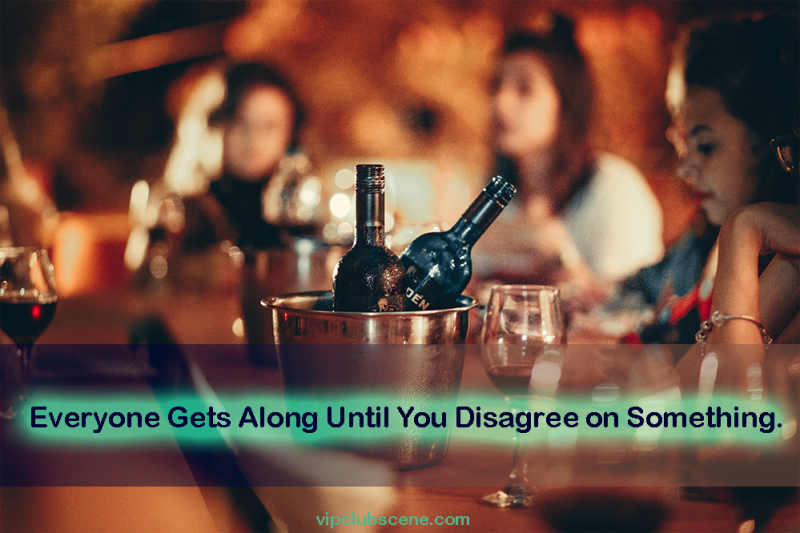Human beings are social animals, and as such, we tend to seek out relationships and connections with others. Whether it’s with family members, friends, colleagues, or romantic partners, we often strive to build strong, positive relationships with those around us. However, even the closest of relationships can be tested when we disagree on something.
Disagreements can arise in any situation, big or small. It could be as simple as deciding where to go for dinner or what type of music to listen to. Or it could be a more complex issue, such as political beliefs or personal values. Regardless of the context, when multiple decision-makers are involved, things can quickly become uncomfortable if there isn’t a clear consensus.
One reason for this discomfort is that it’s often difficult to reconcile differing opinions and perspectives. When we’re used to getting our way or having our ideas go unchallenged, it can be jarring to suddenly find ourselves in a position where we’re not the sole decision-maker. This can lead to frustration, anger, or even hurt feelings, as we struggle to find a compromise that satisfies everyone involved.
Another reason why disagreements can be challenging is that they can reveal underlying tensions or conflicts within a relationship. For example, if two friends always seem to argue when deciding what to do on the weekend, it might be a sign that they have different priorities or expectations for their friendship. Similarly, if a couple argues about how to spend money, it could point to deeper issues around trust or control.
Given these challenges, it’s easy to understand why some people might suggest being wary of “small-minded” individuals. These are the people who are unwilling or unable to see beyond their perspective and who may be more likely to cause conflict or discord when faced with differing opinions. However, this advice should be taken with a grain of salt.
Firstly, labeling someone as “small-minded” is both unhelpful and unfair. Everyone has their own experiences, beliefs, and biases that shape how they see the world. It’s not our place to judge others based on their opinions or perspectives, but rather to try to understand where they’re coming from and work towards finding common ground.
Secondly, avoiding people who don’t always agree with us is not a sustainable solution. In any relationship, there will be disagreements, and it’s important to learn how to navigate them respectfully and constructively. This means being open to hearing different viewpoints, practicing active listening, and seeking out compromises that satisfy everyone involved.
Of course, there will always be situations where compromise isn’t possible or where the disagreement is too significant to simply brush aside. In these cases, it’s important to remember that it’s okay to agree to disagree. We don’t have to convince everyone to see things our way, and it’s not healthy to constantly argue or try to change someone’s mind.
Ultimately, the key to navigating disagreements is to approach them with empathy, respect, and an open mind. It’s not about avoiding “small-minded” people or always getting our way, but rather about building relationships that can withstand the inevitable conflicts that arise. When we’re able to do this, we can create deep, meaningful connections with those around us, even in the face of disagreement.


